Bird Senses: Can Birds Smell or Taste?
Updated: Jun. 22, 2023
Birders often wonder can birds smell and do birds have taste buds? Discover how birds survive with sight, sound, taste, touch and smell.
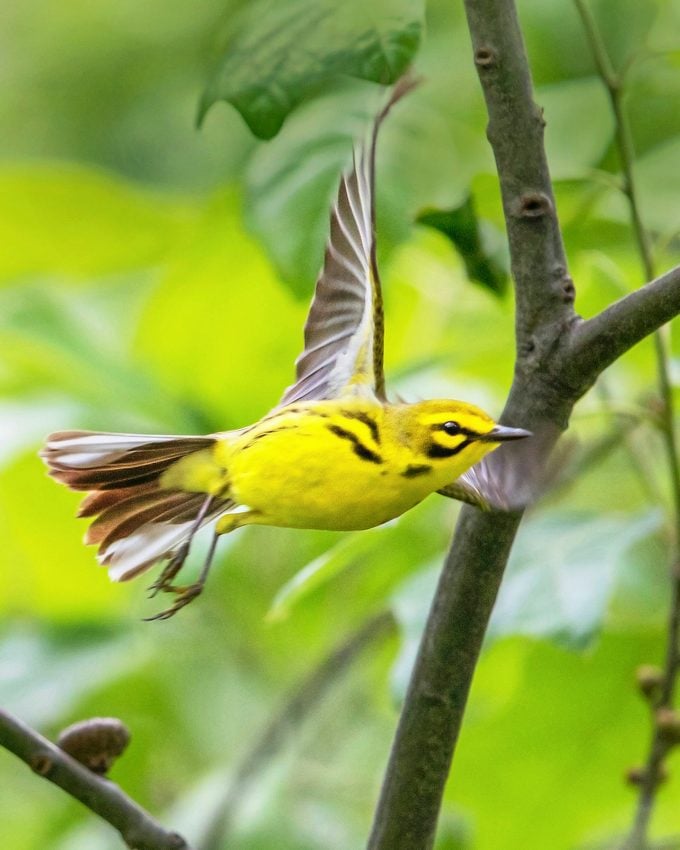
Finches, sparrows and cardinals are happily filling up at your backyard feeders. All of a sudden, they quickly fly away, diving into the bushes. Less than a minute later, a hawk swoops through the yard. How did the songbirds know the hawk was coming? Can birds smell, or maybe hear, the hawk? To figure this out, it helps to know more about the senses that birds use to experience the world around them.
How do birds stay warm in winter?
Bird’s Eye View: Sharp Vision
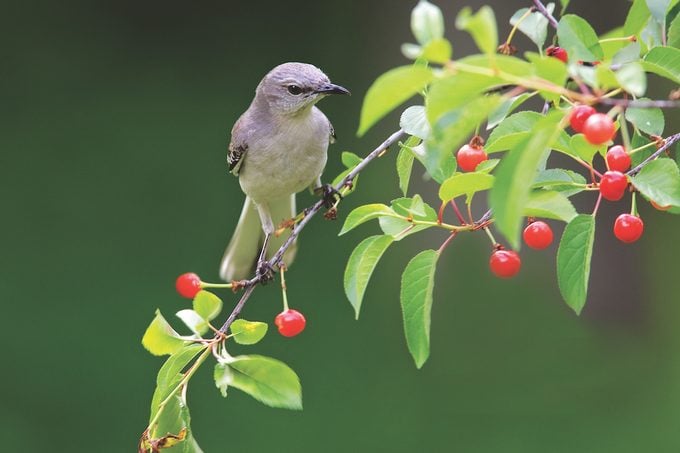
The term “eagle-eyed” for sharp vision is no accident. Nearly all birds see at least two or three times as much detail as humans, making them able to spot food— or approaching predators—that much farther away. Most birds have excellent color vision, too. Night birds like owls may have a biological trade-off: They see very well in dim light, but their perception of colors may not be as good.
Another advantage birds have is seeing ultraviolet light. To humans, male and female northern mockingbirds look exactly the same—but birds are able to tell the difference because the two have different ultraviolet markings.
Because their eyes are on the sides of their heads, most birds take in two separate pictures of their world, one on each side, with only a limited area of two-eyed vision toward the front. That means while they see lots of detail, it is harder for them to judge distance on the sides until they move their heads.
And birds’ eyes process information much faster than human eyes. When you watch a film, the projector may show 24 frames every second, but your eyes blend them together so you see smooth, continuous motion on the screen. For a bird, the same film would look like a quick series of separate pictures. This rapid visual judgment is very helpful for a bird zooming among tree branches, for example.
Where do birds sleep at night?
Birds’ Sense of Hearing
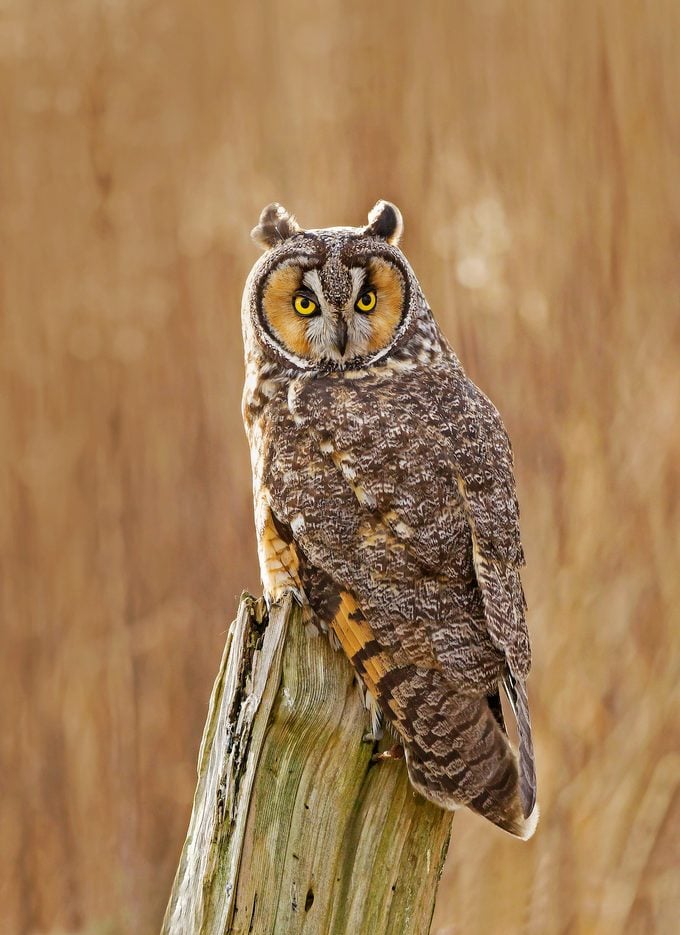
They’re not visible, but birds do have ears on the sides of their heads. The openings are located below and behind the eyes, hidden by feathers.
Hearing is critical to bird survival. They need acute hearing to communicate, recognize their young in large nesting colonies, and listen for predators and sometimes prey. Owls have special adaptations for the latter task—ears that are situated asymmetrically, with one slightly lower than the other. This helps them to detect more precisely where a sound is coming from, so they can hunt successfully even in complete darkness of night.
While the tufts of some owls may look like ears, they’re really just feathers. Even the shape of feathers on faces helps with hearing, with facial discs that funnel sound back to their ears.
Birds’ ears, just like their eyes, take in information very quickly. If you record a simple birdcall and slow it down, you will discover all kinds of details there that your ears didn’t hear. Other birds probably can hear these extra sounds—otherwise there would be no reason for the birds to make them.
The hummingbird heart rate is unbelievably fast.
How Birds Use Their Sense of Touch to Find Food
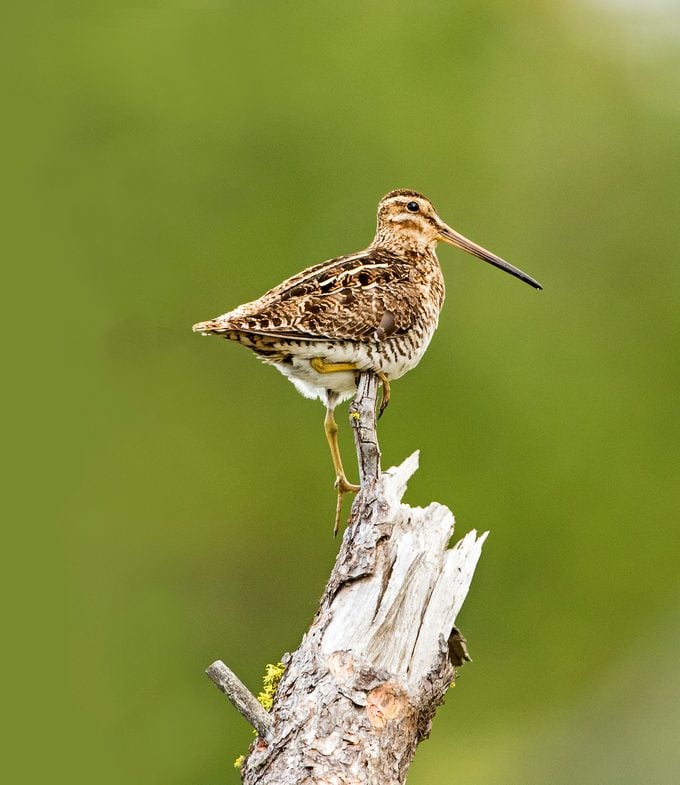
Birds use their sense of touch in a variety of ways, including feeding and flying. They have highly sensitive touch receptors in areas such as their feet, bills and tongues. Some shorebirds feed almost exclusively by touch. As they probe the mud, concentrated touch receptors in bills allow them to detect and gobble up prey items hidden below the surface.
Woodpeckers use sensors in their tongues to detect grubs and other food items. Birds also use touch to sense slight changes in air pressure, adjusting their wings accordingly. There are actually no nerve endings in the feathers themselves, but there are sensitive nerves where the feathers grow from the skin.
Do Birds Have Taste Buds and a Sense of Smell?
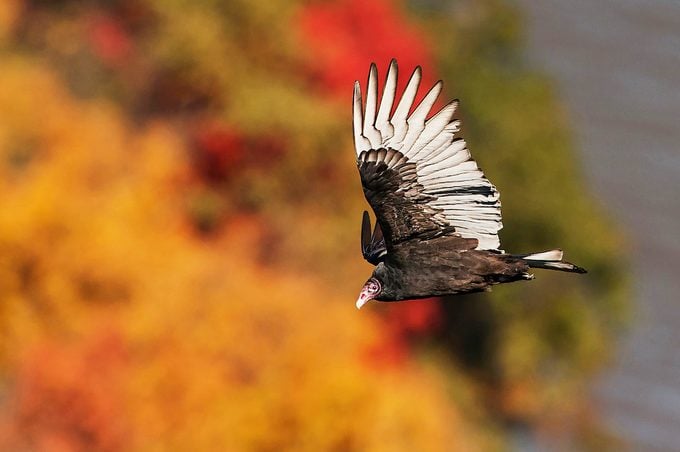
Birds have far fewer taste buds than humans do, so their sense of taste may not be as well developed, but no one knows for sure. Scientists have learned that hummingbirds can judge how much sweetness is in nectar or sugar water. And most birds quickly spit out caterpillars that contain bitter chemicals.
People used to believe that birds had very little sense of smell, but advanced research is changing that idea. For example, turkey vultures find carrion by smell, and seabirds that wander the ocean catch a faint whiff of food from far away. In fact, many birds may be able to detect some scents. But it’s probable that on average, birds’ sense of smell isn’t much better than a human’s.
Is hot pepper bird seed safe for birds?
A Sixth Sense for Migration
In addition to their five senses, birds have one other amazing ability—they sense the Earth’s magnetic field. This ability to judge north and south is clearly helpful as they navigate the sky, especially in migration seasons. Scientists are still figuring out how they do it, but the latest clues suggest that magnetic detection is based in certain proteins in their eyes. In a way, birds may be “seeing” the magnetic field.
Overall, birds experience their world in many of the same ways that we do, with a focus on sight and sound—but with some fascinating differences, too.
Next, find out why some birds migrate while others don’t.




















